Teacher Toolkit
Thank you teachers! We invite you to take advantage of this free toolkit of resources specially selected to help preschool teachers like you feel confident and prepared as you welcome the new school year.
Spread the love! Tell the early childhood community about this helpful toolkit.
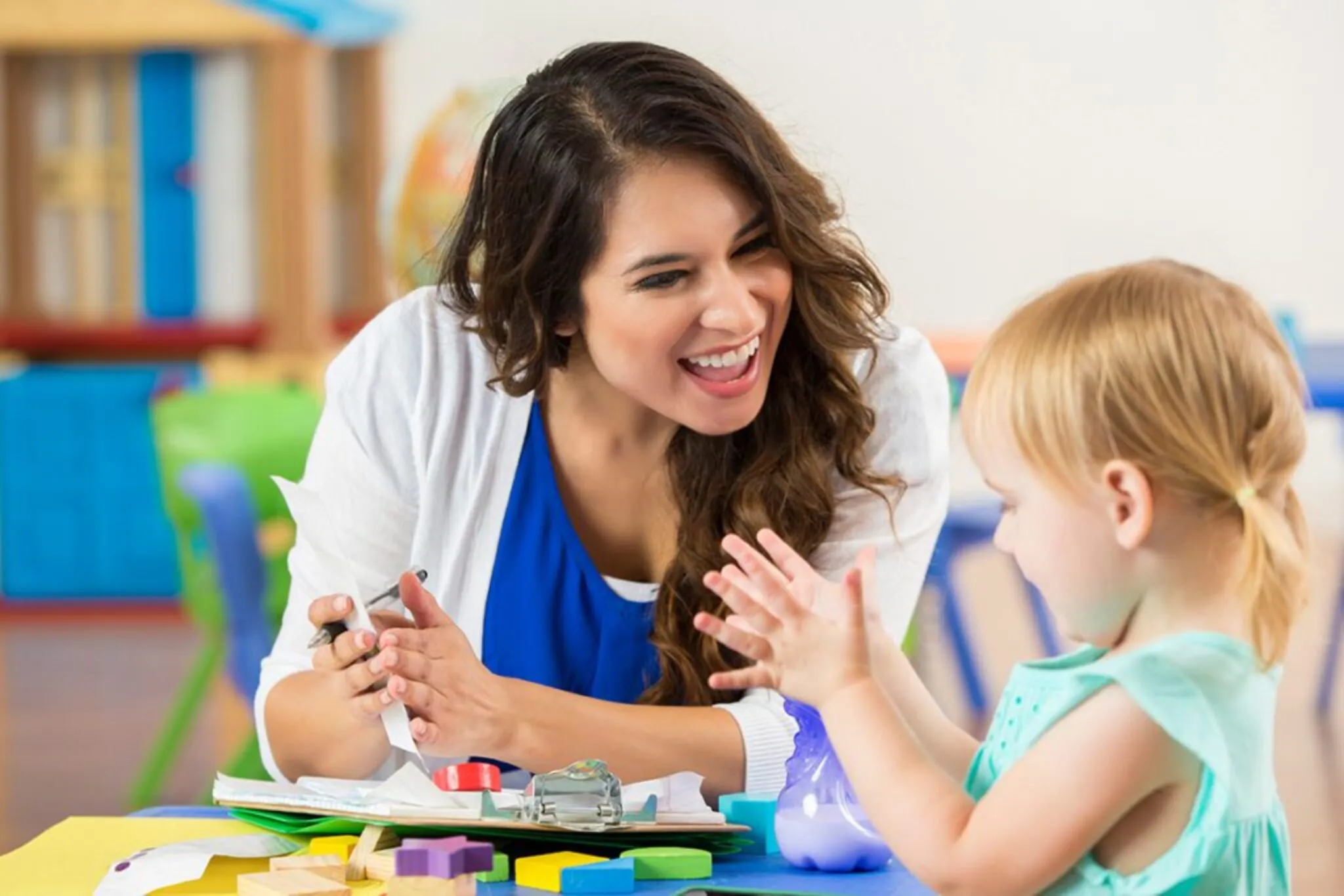
Section 1
Building Relationships
The most important thing you will ever do as a teacher is to establish and maintain positive relationships.
- ebook: Sending six positive messages to children from day 1.
- Article: Supporting social-emotional development in the preschool classroom
- Article: Using positive guidance to respond to children’s behaviors
(Spanish)
- Intentional Teaching Experience: Establish a community building routine
(Spanish)
- Intentional Teaching Experience: Create classroom rules with children
(Spanish)
- Mighty Minutes: Help children get to know each other
(Spanish)
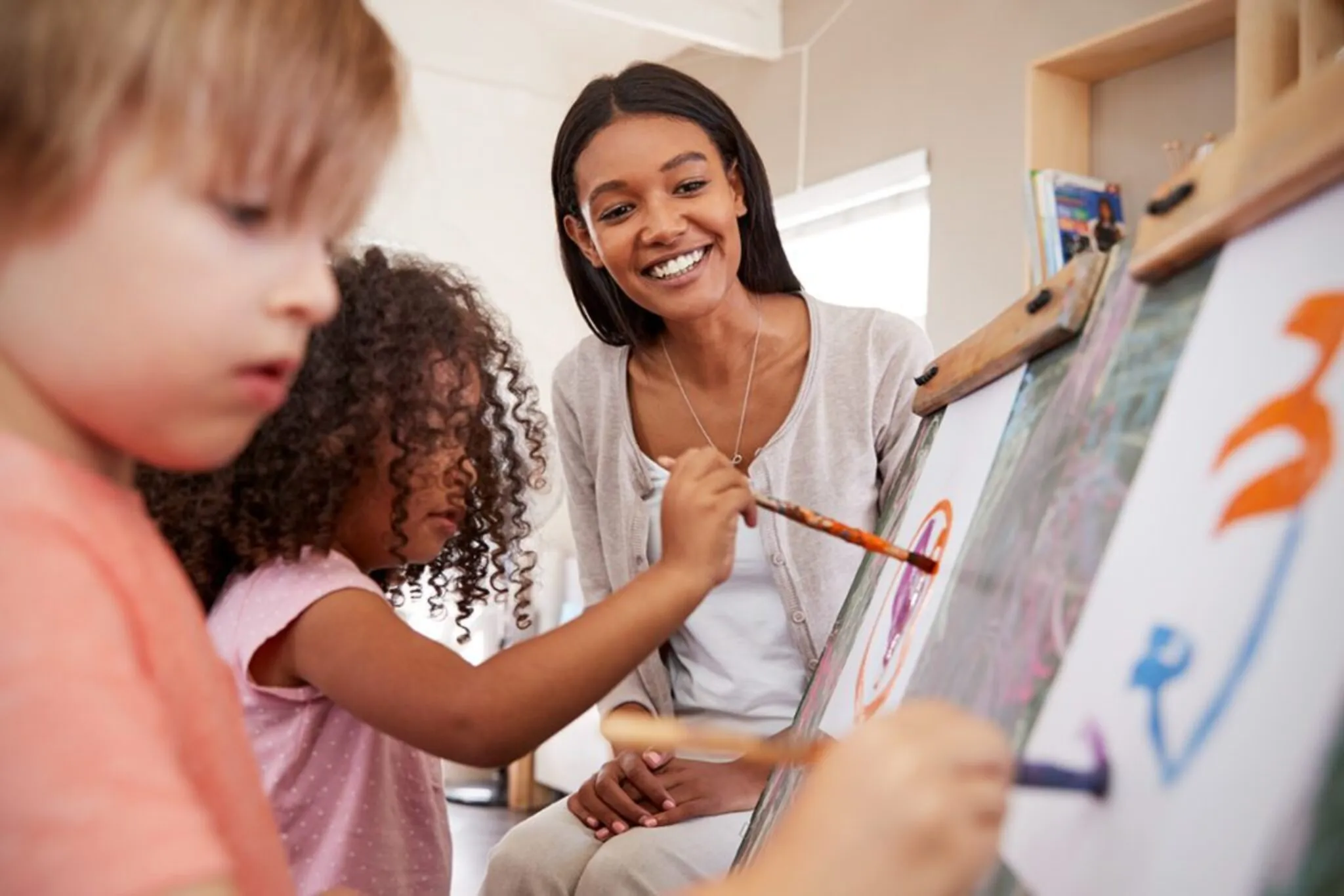
Section 2
Creating Environments
The environment you create has the power to positively impact both learning and behavior.
- Article: Designing the Classroom to Support Learning (Your Physical Environment: Issuing an Invitation to Learn)
- Podcast: Creating Welcoming Spaces
(Transcript)
- Intentional Teaching Experience: Create a get-away space
(Spanish)
- Mighty Minutes: Use movement to transition children
(Spanish)

Section 3
Planning Your Day
The schedule you create has the power to make a difference in how children interact with both classroom materials and with each other.
- Article: Planning How You Spend Your Time With Children
(Spanish)
- Checklist: Getting Started: Preparing for the First Few Days of School
(Spanish)
- Intentional Teaching Experience: Support children in making choices
(Spanish)
- Mighty Minutes: Use choice to transition children
(Spanish)
- Read-Aloud: Support literacy and social—emotional development through story
(Spanish)
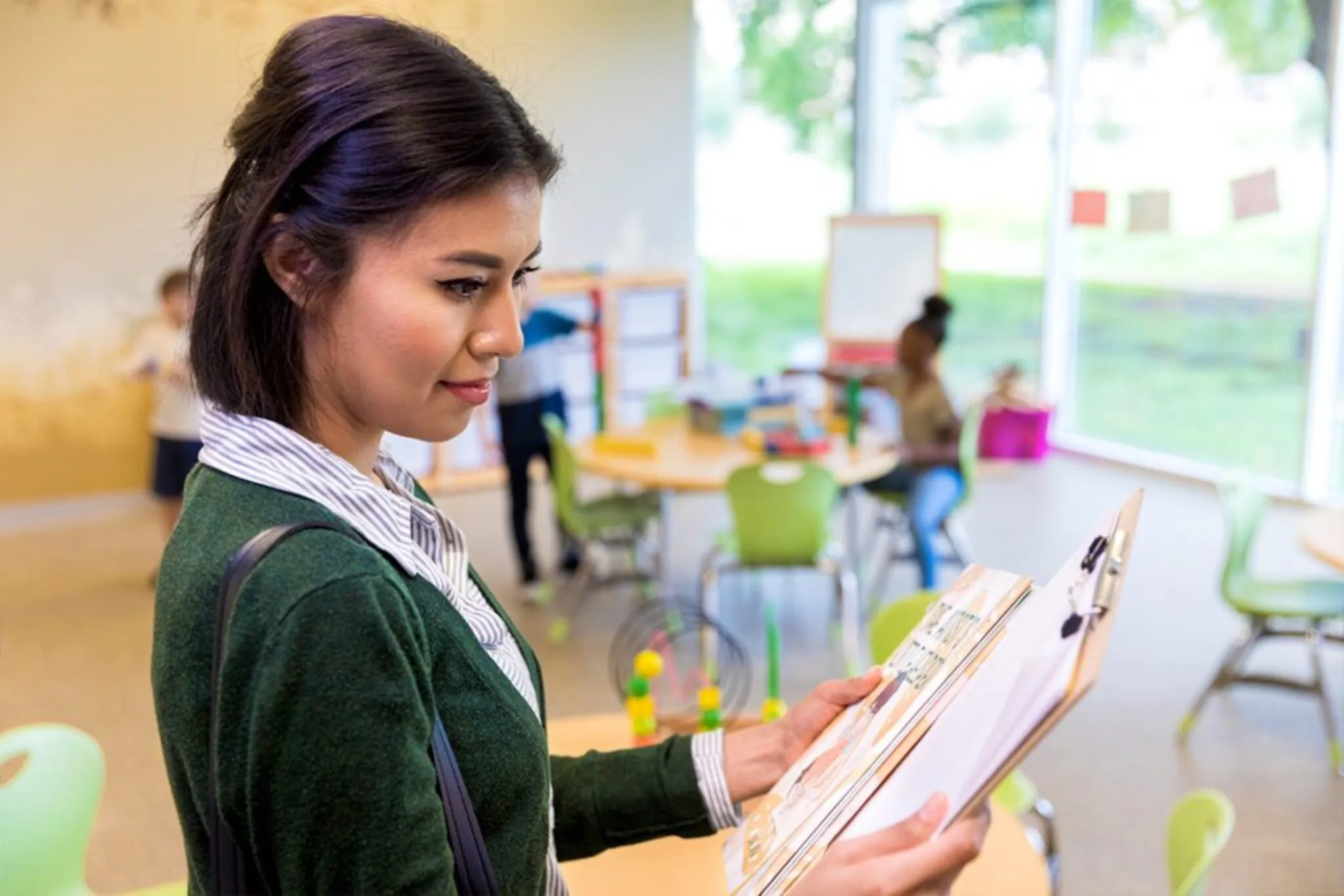
Section 4
Planning Learning
Play is the young child’s work.
- Microlearning: Developing brains need play and active learning
- Video: Facilitating play-based learning
- Intentional Teaching Experience: Lead children in a scavenger hunt
(Spanish)
- Mighty Minutes: Learn adjectives while pretending
(Spanish)
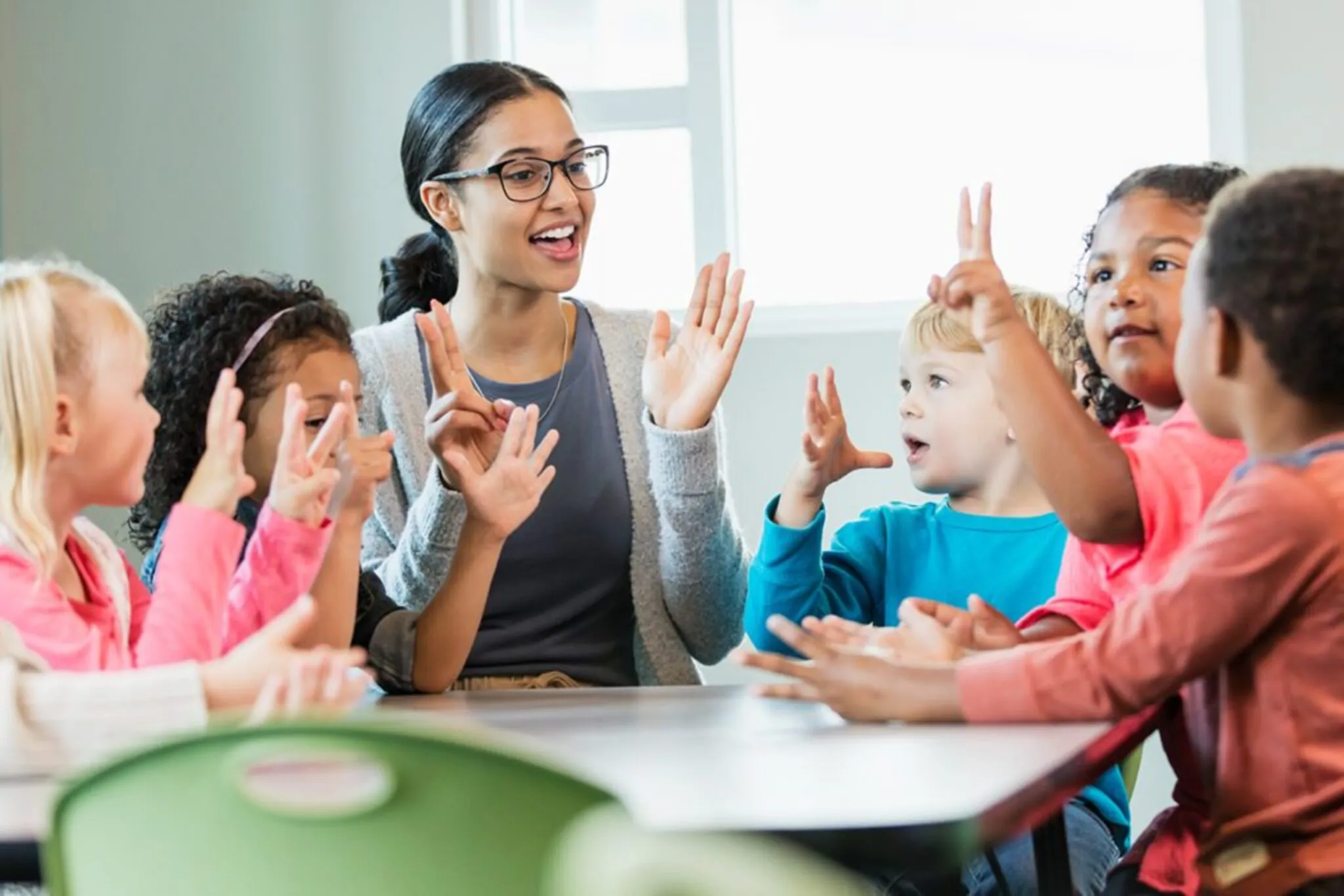
Section 5
Getting to Know Children
In the most effective classrooms, assessment is nearly “invisible.” The impacts of that assessment, however, are not—nor are the relationships that fuel the assessment process.
- Article: Joining in children’s play
(Spanish)
- Podcast: Sending positive messages
(Transcript)
- Intentional Teaching Experience: Develop a daily sign-in process
(Spanish)
- Mighty Minutes: Support children in getting to know each other
(Spanish)
The Community of Learning
There are three important parties in the early childhood learning environment: the child, the child’s family, and you. We have provided some resources to support you in caring for each of these.
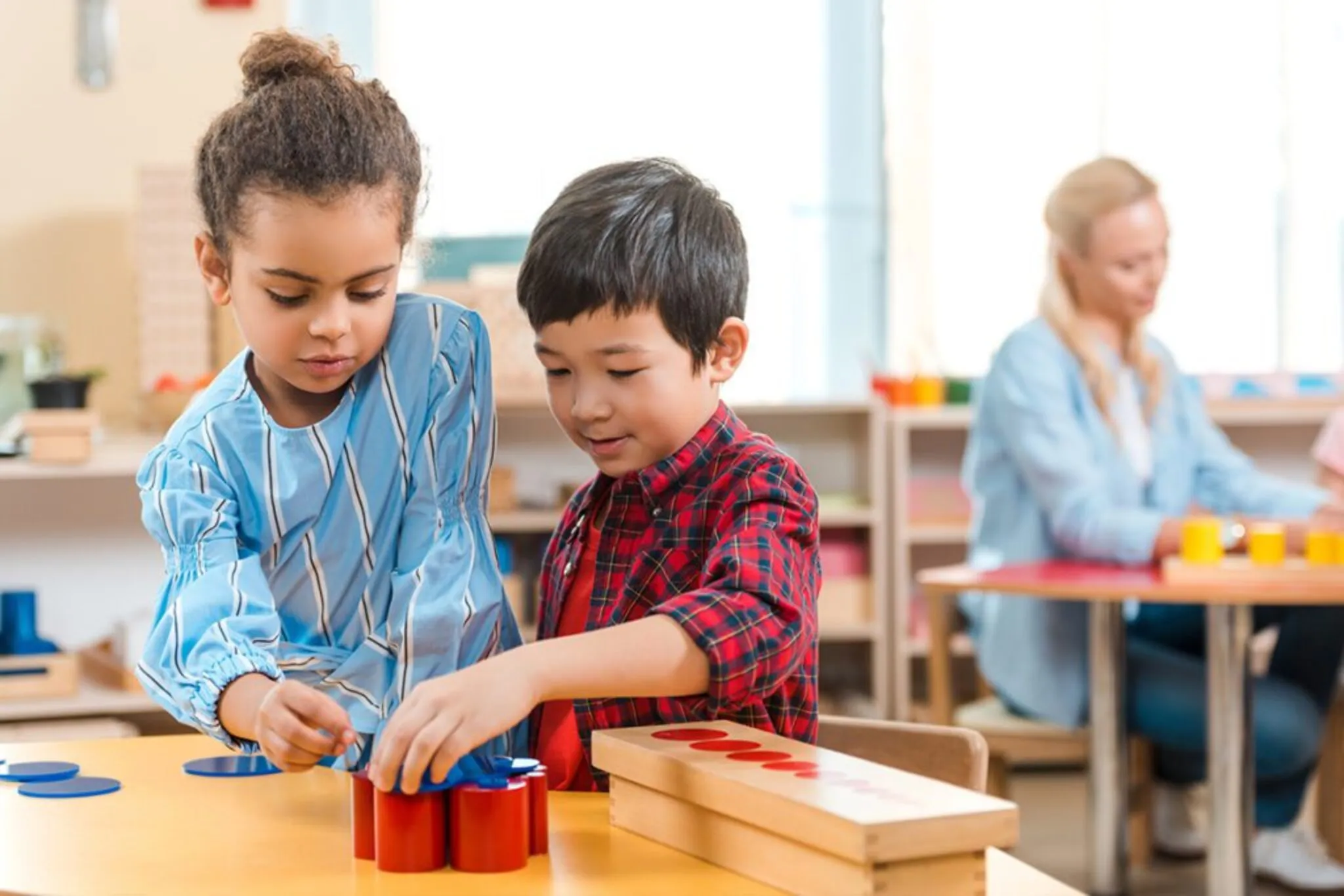
Section 6
Child
Children are capable and competent learners.
- Blog: A teacher reflects on how her practice has evolved
- Article: Teaching how children learn
(Spanish)
- Intentional Teaching Experience: Create a system of classroom jobs
(Spanish)
- Mighty Minutes: Welcome children with this ball game
(Spanish)

Section 7
Families
The time you invest building positive relationships with each child’s family will yield benefits for years to come.
- Microlearning: Building family partnerships for children’s learning
- Video: Hearing families hopes for their children
- Intentional Teaching Experience: Support children in creating books
(Spanish)
- Mighty Minutes: Lead a song about how children travel
(Spanish)
- Resource: Invite families to continue the learning with this Guided Learning Plan
(Spanish)
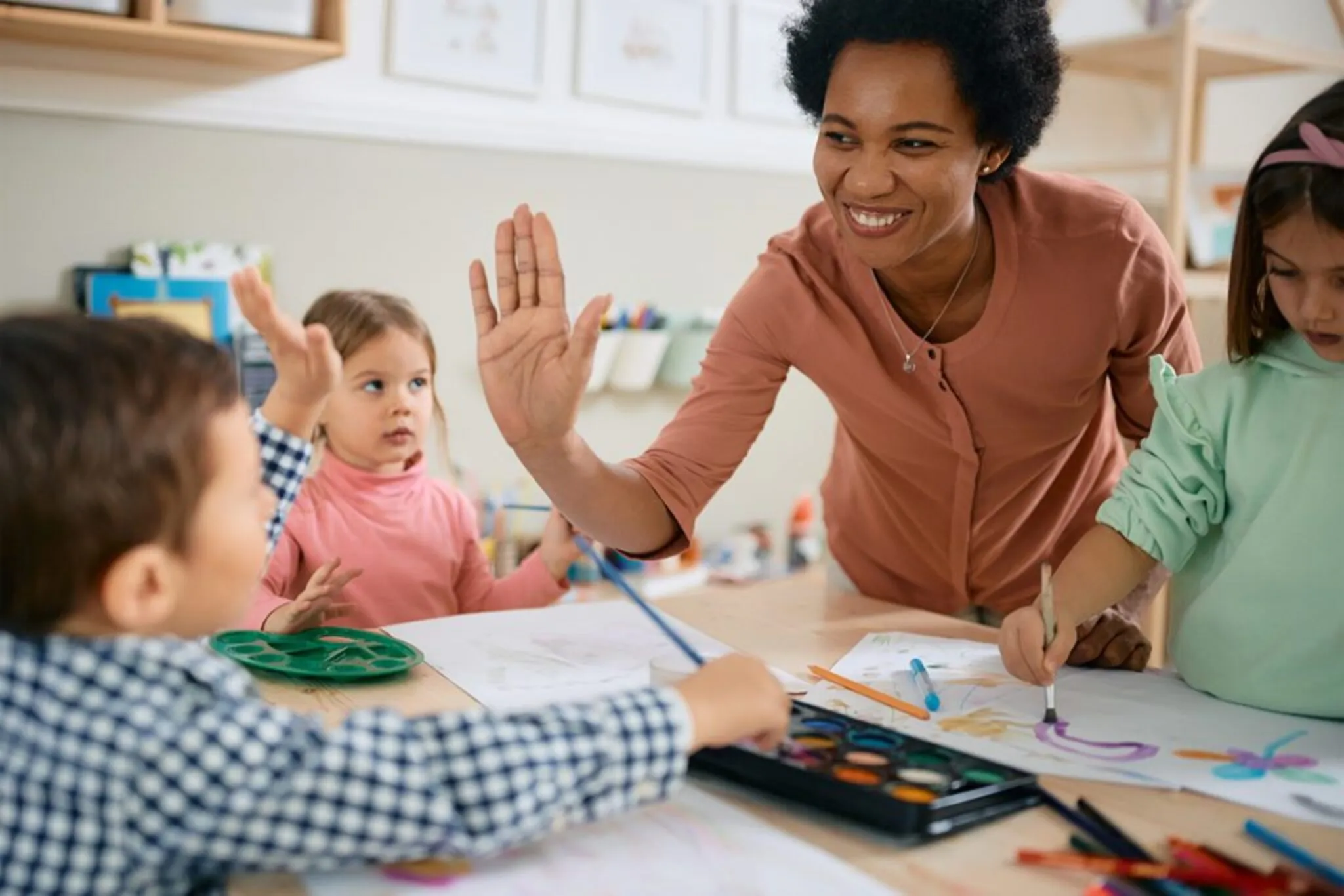
Section 8
The Teacher
Self-care is not selfish. As Eleanor Brownn said, “you cannot serve from an empty vessel.”
- Microlearning: Caring for others starts with caring for yourself
- Video: Celebrating Your Why
- Self-Care Cards: Incorporate these five self-care tips into your daily routine
- Video: Learn a technique for getting a rough day back on track
Disclaimer The publisher and the authors cannot be held responsible for injury, mishap, or damages incurred during the use of or because of the information presented in this toolkit. The authors recommend appropriate and reasonable supervision at all times based on the age and capability of each child. It is advisable teachers do not distribute photos of children or post them online without written consent from parents or guardians. Photos and videos should be kept internally to the program absent written consent from parents or guardians.









